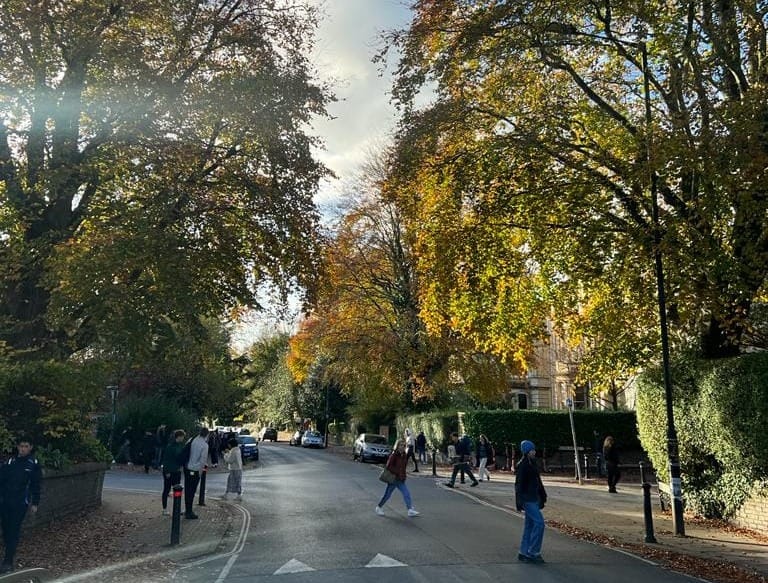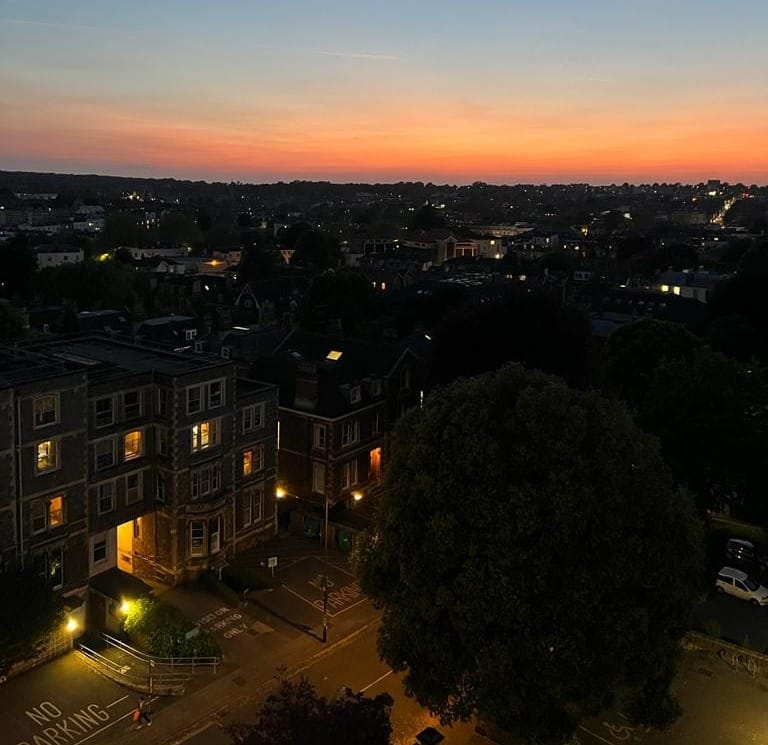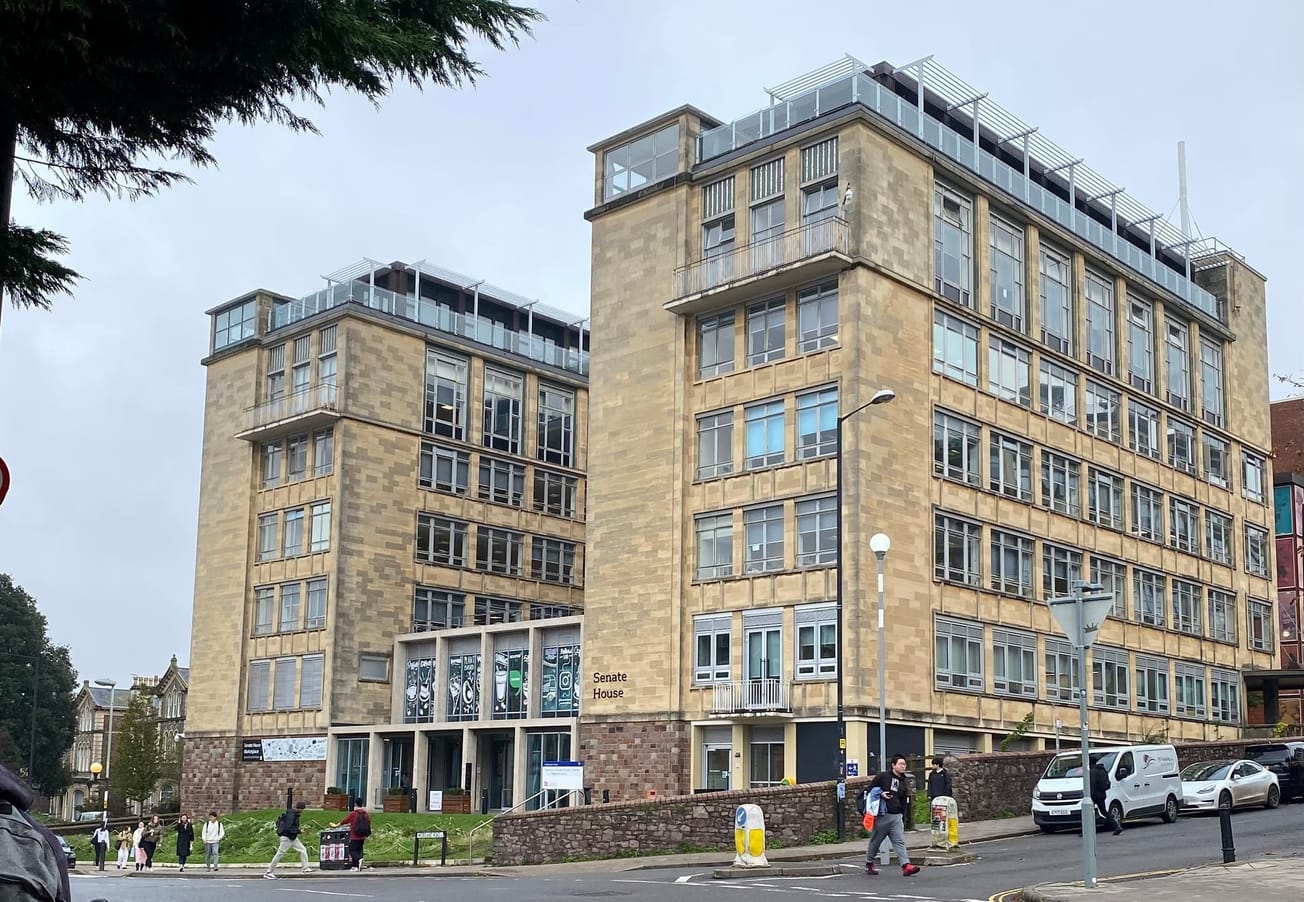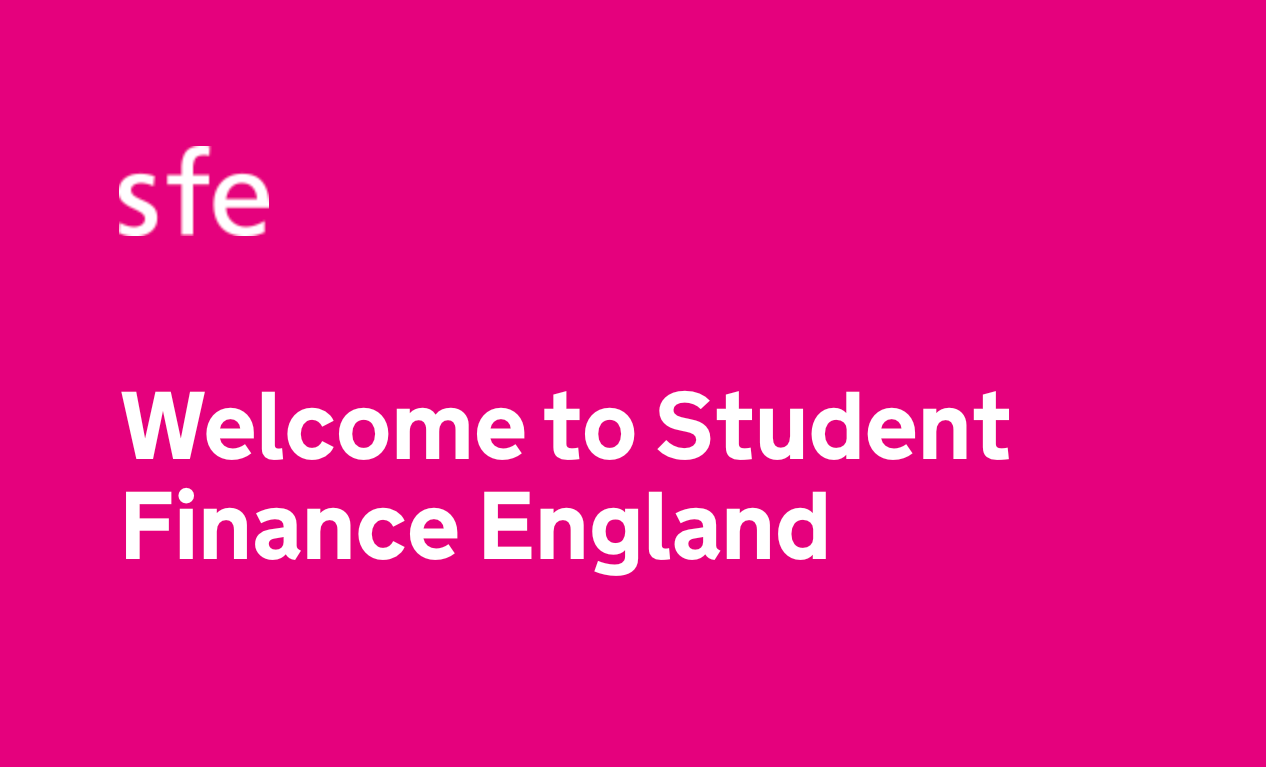By Amelia Jacob, Co-Editor-in-Chief
When asked to picture a university student, you may imagine something like this: an 18-year-old dangling between adolescence and adulthood, having just completed their A-levels. Perhaps they take their education for granted, as a natural next step in their academic trajectory.
This is not an accurate stereotype for many. Mature students are defined as people who begin their undergraduate degree when they are over the age of 21. After submitting an FOI request to the University, Epigram learned there are currently only 1547 mature undergraduate students enrolled at Bristol. Of the total number of mature students enrolled at the University, 73% are between the ages of 21-25.
Zoë Pither, Head of Student Inclusion at the University of Bristol, notes there are ‘increasingly small numbers’ of what the University classifies as “older mature students” (students aged 25 and up). This could be for a number of reasons: the cost of living crisis, long-term effects of the COVID-19 pandemic, the difficulty in balancing a degree alongside childcare and other caring responsibilities, or the cumulation of several of these factors.

In the light of these findings, Epigram recently had the opportunity to speak to two older mature students, Stephen and Gregory*, who shared their experiences of higher education at a later age.
Gregory is in his mid-thirties; he described his academic background prior to starting university:
‘I studied biomedical sciences at Bristol a few years back. I dropped out of the course in order to attend to pressing family responsibilities, which involved financially supporting a parent who was suffering from ill health.’
‘I was working in various capacities from school administrator to cleaner. At the time I was a student I probably took my opportunity for granted. Although it might sound like an over-used cliché, the University equips you with a set of skills to head to the job market with confidence. [...] After some intense soul-searching I decided to go back to university in order to make up for the lost time and lost opportunities.’
I asked Gregory if he felt included in the student community, and he responded:
‘During my first year at the University I tried to get involved with as many societies as I could but I found many of them to be extremely cliquish, including those who are supposed to be welcoming.’
Gregory noted: ‘Being a mature student probably makes you try harder than a fresh-faced 19-year-old. I think there’s a degree of urgency as you feel that this might be your last chance to rectify any past mistakes which held you back.’
Stephen, who is in his early fifties, had a different route into higher education. He said he ‘left school in 1989 with insufficient qualifications to take A-levels. In those days, if you didn't have many qualifications, your career was going to be chosen for you: factory work or retail.’
‘I became a homeowner at the age of 18 – how times have changed. That started a long and unavoidable pathway, that meant I was duty bound to keep working to pay the bills. Rather than feeling independent, or accomplished, I was increasingly aware that I had fallen through the net and could not return to education.’
Despite feeling like new academic opportunities were out of reach, Stephen took a chance: ‘I attended the City of Bristol College for a year, with no income. I realised my funds would decrease, but I had prepared for that.’
‘The lecturers [at City of Bristol] were instrumental in retraining me, building my confidence and giving me the tools to enter contemporary higher education. I will never be able to thank them enough [...] those lecturers and the University’s Access to Bristol scheme changed my aspirations.’

According to the University of Bristol’s website, 301 students joined the university this year through local outreach schemes like Access to Bristol and Bristol Scholars. In these schemes, the University works alongside local state schools and colleges to support students’ entrance into Bristol. It is available to students of all ages.
However, Stephen noted:
‘The University does so much to include people from routes less travelled, shall we say, but the one thing they rarely compromise on is the required qualifications. That maintains the high standards, but it isn't social mobility in working practice.’
In contrast to Gregory’s experience with social acceptance in the student community, Stephen assured me:
‘I can honestly say, it's been a revelation getting to know young students [...] I would like to give a big shout out to anyone who has found themselves sitting next to a particularly mature student and has made them feel very welcome. I remember each and every person from every module. Let's be honest, it's an unusual experience for everybody.’
The University really has given me another chance at a life that passed me by. I'll be forever grateful.
Stephen and Gregory's commitment to their education is admirable. Speaking with Epigram, Zoë Pither concurs that:
‘For many mature students, the gap they have had between their secondary education and starting university is one of the biggest challenges, and Maria [Tottle, Student Inclusion Officer at the University] organises the pre-Welcome Building Up To Bristol programme which helps students to prepare for their studies and refresh their academic skills before they begin their degree.
‘This programme also helps mature students connect with others of a similar age who they share experiences with, and build a social and academic network before their programme starts.’
On the subject of wellbeing support, Zoë advises:
‘All of the University’s support services for students understand that some mature students will have more complicated circumstances than many younger students. [...] There can be a wide range of factors which affect someone’s decision to start their degree a little bit later than age 18.
‘Our support services understand this and can adapt their approach accordingly to support students’ wellbeing while they are studying. In addition, the Student Inclusion Officer (Mature, Care Leaver and Estranged Students) is available to help students navigate life at university. Maria offers 1:1 coaching to help students resolve challenges they experience and be as successful as possible.’
The University recently commissioned Bristol SU to complete research into the experiences of mature students at Bristol. The results of this project are currently being analysed by the University.
‘You are often alone in trying to navigate a space that was not built for you’ | Is university accessible enough for disabled students?
‘I really struggled with feeling stupid, poor and out of place’ | Investigating wealth inequalities at the University of Bristol
Following his degree, Stephen has his sights set towards the future:
‘After three and a half years of returning to education, living primarily on Pot Noodles and multi-buy pizzas, I was accepted onto the University of Bristol PGCE course.
‘It was always a goal, but I genuinely did not think my story could go any further. The University really has given me another chance at a life that passed me by. I'll be forever grateful.’
*names have been changed for anonymity.
Featured image courtesy of Amelia JacobHave you heard of the university's Access to Bristol scheme?






